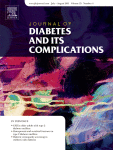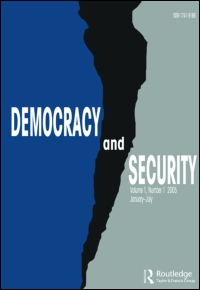 The fallout continues for a study conducted at a local CrossFit gym by researchers at The Ohio State University. First it was corrected, now it’s been retracted, and it continues to be the basis of litigation against both the authors and the publisher.
The fallout continues for a study conducted at a local CrossFit gym by researchers at The Ohio State University. First it was corrected, now it’s been retracted, and it continues to be the basis of litigation against both the authors and the publisher.
Editors at the Journal of Strength and Conditioning Research have decided to pull the 2013 study after learning that the research protocol had not been approved by Ohio State’s institutional review board (IRB).
Over the past few years, the study has spawned several lawsuits, including a defamation suit brought by gym owner Mitch Potterf against Ohio State that landed him a six-figure settlement, as well as an ongoing suit by Potterf against the National Strength and Conditioning Association (NSCA, which publishes the journal). The CrossFit brand has also sued the NSCA. [See update at end of post for more on that case.]
An NSCA statement issued May 30 describes what happened: Continue reading Journal retracts Ohio State CrossFit study at center of lawsuits
 This week, the New England Journal of Medicine issued a type of editor’s note we’ve never seen before, on a
This week, the New England Journal of Medicine issued a type of editor’s note we’ve never seen before, on a  A gastroenterology and hepatology journal has retracted a 2017 review after discovering it included data “accessible only during peer review for another journal.”
A gastroenterology and hepatology journal has retracted a 2017 review after discovering it included data “accessible only during peer review for another journal.”
 Reuters has removed a story about gender confirmation surgery, saying it included problematic data.
Reuters has removed a story about gender confirmation surgery, saying it included problematic data.
 A diabetes journal has issued two notices of concern for papers co-authored by a researcher who took another publisher to court after it did the same thing — but
A diabetes journal has issued two notices of concern for papers co-authored by a researcher who took another publisher to court after it did the same thing — but 
